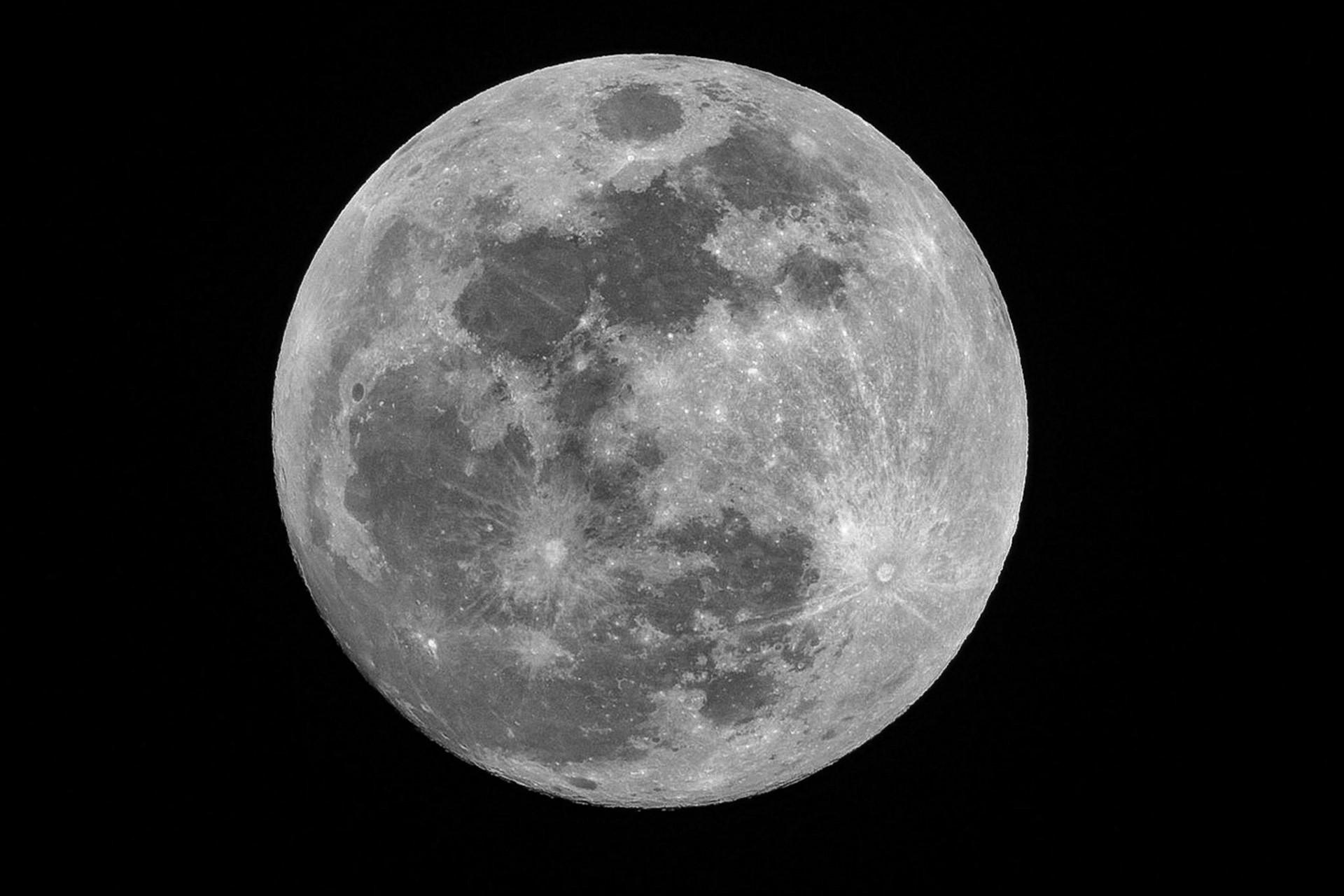Embark on a linguistic journey through the days of the Week and Months in French! To explain and understand events in any language, you need to know the vocabulary that indicates times and dates.
Get ready to delve into the fascinating world of French time and date vocabulary. This article will guide you through the days of the week and months in French, enriched with audio examples for a more immersive learning experience.

The Days of the Week in French
Consider yourself fortunate when it comes to the days of the week and the months of the year in French. These are some of the easiest to translate and the kind of basic French vocabulary you can start your language learning with. Each of these has a direct one-to-one translation in English.
It's like having a secret code to unlock the French calendar!
The French calendar, which mirrors the English one, is comfortingly familiar. Both have seven days a week and while some cultures start their week on Sunday, we'll begin ours on Monday, a common practice in English-speaking and French-speaking societies. This shared cultural aspect should help you feel more connected and engaged with the French language and culture.
Find amazing French classes Brisbane on Superprof!

Monday – Lundi
In English, Monday means "Moon day"; French is no different.
Lundi in French is from "lune", the French word for "moon".
Tuesday – Mardi
Did you know that the days and months in french have fascinating historical and mythological origins? For instance, Tuesday in English is named after Tyr, the Norse God of War, while in French, it takes after the Roman God of War, Mars. This intriguing aspect of the French language should pique your curiosity and make your learning experience more enjoyable.
Wednesday – Mercredi
Wednesday comes from the name of the god Odin or Woden in Norse and German mythology. Mercredi, in French, comes from the planet and god Mercury.
Thursday – Jeudi
The fourth day of the French week is named after Jupiter, the Roman god and the largest planet in the Solar System.
In English, it's from the Old Norse god Thor. Both are the gods of Thunder in their respective mythologies.
Friday – Vendredi
Friday comes from the Germanic goddess Friga, which was a translation from the Latin “Day of Venus”.
French, a language much more closely related to Latin, still takes this name from the Roman goddess of love, Venus.
Saturday – Samedi
Saturday is the first day in English that takes its name from a Roman god rather than a Norse or Germanic god.
Saturday in English comes from "Saturn," while French "Samedi" is actually from the Latin for "Day of the Sabbath."
Sunday – Dimanche
English's Sunday is obviously named, especially considering the following day is named after the Moon.
In French, this is the only day to begin with "di" rather than end with it, and it came from the Latin "dies dominica" meaning god's day. "Didominicu" eventually evolved into Modern French's "Dimanche".
We recommend learning some French idiomatic expressions if you'd like to sound more fluent in French.
The Months of the Year in French
The months of the year in French don't deviate that much from the English months of the year. After all, most of the months in English are from the Roman system of months, which was almost ever-present in French.
The French briefly tried a metric calendar after the French Revolution. Still, other than that, they've kept each month the same as it was in the Roman system that the English also used.
In French, months of the year don't use an upper-case letter like in English, except when they start a sentence. In the middle of a sentence, the names of months and days are written using lowercase characters.
Perfect your pronunciation with French courses Sydney here on Superprof!
January – Janvier
The English and French for January refer to the Janus, the Roman god of doors and beginning.
French-speaking countries also start the year with this month.

February – Février
February and février derive their names from a Roman period of purification. The Latin name for February was februarius, from februa.
In Middle English, however, the month's name was much closer to the French: feverer.
March – Mars
English got the name of the month March from the Old French marz. The French and English versions come from Martius, the Latin that meant the Month of Mars, the Roman god with both a day and a month named after him in French.
April – Avril
The name for April comes from the Greek goddess Aphrodite. The word itself is from aprilis.
May – Mai
The Latin name for the month was Maius, and it was named after the goddess Maia. It made its way into both Old English and Old French as "mai".
June – Juin
June and Juin come from the goddess Juno, Jupiter's wife and sister (don't ask!).
The English version of June arrived in Middle English, which came from the Old French juin, which is still used today.
July – Juillet
The month of July was named after Julius Caesar. In Latin, Julius mensis, it arrived in Middle English as July.
In Old French, the month was called juil. The diminutive of juil, juignet, which means "little June", evolved into "juillet" during the Middle Ages.
August – Août
This month came from the Latin word “augustus”. It made its way into French as “auguste” and then became August.
In French, “auguste” became “aoust” and eventually “août”. Interestingly, words in French that use the circumflex accent typically had an “s” in an older version that was dropped.
It's not the easiest to spell, so you might want to learn the alphabet in French.
September – Septembre
While this is the ninth month in our calendars, September comes from Latin for the seventh month. Before a calendar reform, it was still seventh.
French and English kept the name like the Romans did after changing their calendar.
October – Octobre
Much like with September, October meant the eighth month. You may recognise "octo" and "octa" from things like "octopus" and "octagon".
November – Novembre
November was the old ninth month on the calendar. The name comes from the Latin "novem", meaning nine, and it remains almost the same in French and English.
December – Décembre
From the Latin "decem", which means "ten". December was the old tenth month, following the conventions of the months from September.
French and English are almost identical at the end of the year, too.

The Seasons in French
In French, there are four seasons. They each equate the English seasons of spring, summer, autumn (fall), and winter.
Let's see what they are. Much like the days of the week and the months of the year, the seasons in French are all masculine, despite the word “saison” being feminine.
Spring – Printemps
In French, spring is “printemps”, which literally means “the first times”, which was “primu” and “temps” in Old French.
It's when everything starts to change, which is why you should also learn the French words for different colours.

Summer – Été
The French word “été” meaning “summer” came from the Latin “aestas” which was also the origin for the word “festival”.
Autumn – Automne
Autumn in English comes from the Old French “autompne”, which came from the Latin “autumnus”. The Old French “autompne” ultimately evolved into “automne”.
Winter – Hiver
The Latin "hibernum", which means winter, evolved into "hiver" in French. This looked like "hyveir", "hyver", and "iver" in Old French.
Winter in English has Germanic roots and also made its way into English from Dutch, German, and Old English.
We recommend learning the French question words if you want to ask about events and when they're happening.
French Words for the Calendar
Here are some more useful French words that will help you talk about time, such as days, months, weeks, etc.
The (m) and (f) denote whether the nouns are masculine (m) or feminine (f).
- Week – semaine (f)
- Weekend – week-end (m)
- Day – jour (m) / journée (f)
- Date – date (f)
- Month – mois (m)
- Year – an (m) / année (f)
- Calendar – calendrier (m)
- Season – saison (f)
- Today – aujourd'hui
- Tomorrow – demain
- Yesterday – hier
Depending on how you refer to them, there are two versions of day and year. For example, Monday is a day (jour), whereas "a nice day" would be (journée). It'll be OK if you get them wrong, but you might want to learn how to be polite in French so that people will be more patient with you.
The same is true of the year, whether referring to the concept or the passage of time and what happened.
Technically, journée and année are the periods understood in terms of temperature, activities, what happened, etc.

Learn French with a Private Tutor on Superprof
If you need help improving your French, we'd recommend working with a private tutor. They can take the time to talk you through concepts like jour vs. journée, etc., and teach in ways that work for you.
You can learn face-to-face with local tutors or search for online tutors. With subjects like French and foreign languages, online tutoring can be almost as effective as face-to-face tutoring, and it's often cheaper since the tutors don't have to travel.
Many of the tutors on the Superprof website offer their first sessions for free, so why not try a few out before choosing the ones that are right for you?
Discover an amazing French language course on Superprof today!
Summarise with AI:















